The Ultimate Guide to Mobile Stairlifts in Canada (2025 Edition)
Introduction
As Canada continues to prioritize accessibility, the demand for mobility solutions is on the rise—especially within long-term care (LTC) homes, healthcare facilities, and private residences. Mobile stairlifts are at the forefront of this movement, offering a safe, efficient, and affordable way to transport individuals up and down staircases without the need for costly home renovations.
In this comprehensive guide, we explore everything you need to know about mobile stairlifts in Canada: what they are, how they work, who should use them, regulatory considerations, and how to choose the best option for your needs.
What is a Mobile Stairlift?
A mobile stairlift, also known as a portable stair chair or battery-powered stair climber, is a compact, movable device designed to help transport people up and down stairs safely. Unlike fixed stairlifts that require permanent installation, mobile stairlifts are battery-operated and require no track or home modifications.
Mobile stairlifts are typically foldable and lightweight, making them ideal for emergency evacuations, temporary mobility support, or use in multiple locations.
Types of Mobile Stairlifts
-
Standard Mobile Stair Chairs
Designed to carry individuals seated in the chair provided. These models are often used in schools, clinics, and homes. -
Wheelchair-Compatible Stairlifts
These allow the user to remain in their wheelchair, which is then securely fastened onto the stairlift. Ideal for users who cannot be easily transferred. -
Curved or Spiral Stair Adaptable
Some advanced models are designed to work on curved or spiral staircases, making them versatile for Canadian homes and facilities with unique architectural layouts.
Key Features to Look For
When evaluating mobile stairlifts, consider the following features to ensure safety, comfort, and ease of use:
-
Battery Power and Range: Rechargeable batteries with enough capacity for multiple flights of stairs.
-
Weight Capacity: Ensure it meets the user's requirements, typically ranging from 300 to 500 lbs.
-
Incline Support: Capability to handle staircases up to 40-50 degrees.
-
Safety Belts and Brakes: Essential for user security and control during operation.
-
Ease of Operation: Intuitive controls, automatic brakes, and ergonomic grips for the caregiver.
-
Storage and Portability: Foldable design and lightweight construction for transport and storage.
Who Uses Mobile Stairlifts?
Mobile stairlifts are used by a wide range of individuals and organizations across Canada:
-
Seniors aging in place
-
Caregivers in private homes or healthcare settings
-
Long-term care and retirement homes
-
Hospitals and rehabilitation centres
-
Emergency responders
They are especially useful for:
-
Individuals with temporary or permanent mobility limitations
-
Environments without elevators or where elevator access is unreliable
-
Short-term recovery from surgery or injury
Canadian Home Architecture and Stairlift Compatibility
Canadian homes—especially older properties—often feature narrow or curved staircases. Unlike permanently installed rail systems, mobile stairlifts adapt to a variety of stair layouts. When choosing a unit, consider the width of your stairs, landing space, and whether turns or landings are present. Devices like the Helix Mobile Stairlift are designed to navigate curves and provide enhanced flexibility.
Mobile vs. Fixed Stairlifts: A Comparison
Understanding the differences between mobile and fixed stairlifts can help you determine which solution best fits your needs:
| Feature | Mobile Stairlift | Fixed Stairlift |
|---|---|---|
| Installation | No installation needed | Requires professional installation |
| Portability | Portable and can be used in multiple locations | Stationary, fixed to the staircase |
| Cost | Typically $3,000–$7,000 | Typically $4,000–$15,000 depending on complexity |
| Operation | Requires caregiver operation | User-operated with remote or joystick controls |
| Power Source | Rechargeable battery | Plug-in or battery powered |
| Ideal Use | Short-term or emergency use | Long-term mobility support |
| Stair Compatibility | Suitable for straight or curved stairs | Requires custom track for curved staircases |
| User Type | Elderly, injured, or those in care facilities | Individuals aging in place or with chronic issues |
Mobile stairlifts offer flexibility and immediate deployment, while fixed stairlifts are ideal for permanent, daily use in one location. Evaluate your mobility needs, home structure, and budget before deciding.
Pros and Cons of Mobile Stairlifts
Pros:
-
No installation required
-
Portable and foldable
-
Ideal for temporary needs or emergency use
-
Lower cost than permanent stairlifts
Cons:
-
Requires a caregiver to operate
-
Not suitable for very steep or uneven stairs
-
Limited by battery life and weight capacity
Top Mobile Stairlift Brands in Canada
Here are three top-performing models available from Canadian distributors like MedSupply
-
Helix Mobile Stairlift: Ideal for curved or complex staircases
-
Genesis Portable Stairlift: Best for straight staircases and budget-conscious buyers
-
Atlas Wheelchair Stairlift: Designed for individuals who remain in their wheelchair
Each offers unique advantages, depending on your space, user needs, and caregiver support.
Final Thoughts: Is a Mobile Stairlift Right for You?
If you're looking for an affordable, flexible mobility solution that doesn’t require home renovations, a mobile stairlift may be the right choice. Whether you're a caregiver looking to safely transport a loved one or a facility manager upgrading your accessibility equipment, mobile stairlifts provide a versatile and scalable option.
Always consult a mobility specialist or occupational therapist to determine the right product for your unique needs.
For a product consultation or demo in Canada, visit MedSupply or speak to a local mobility provider.



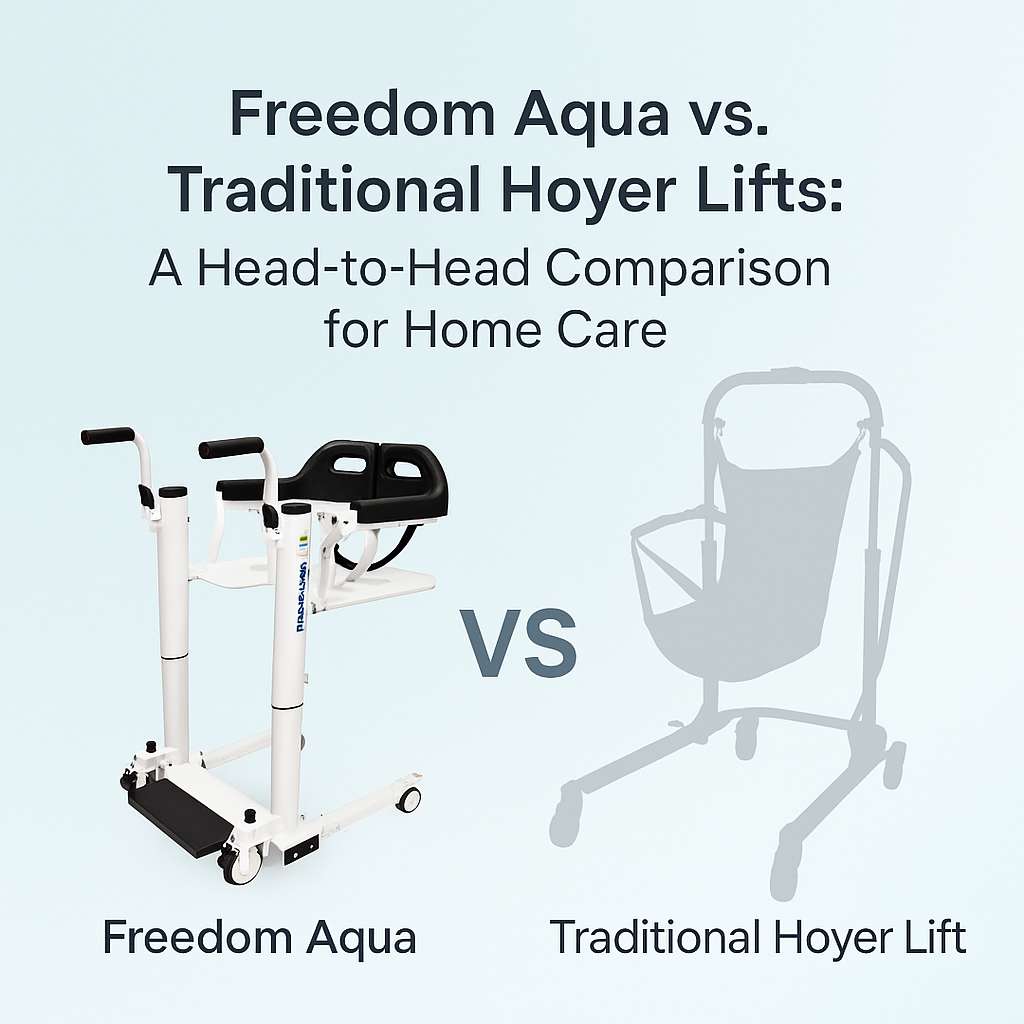
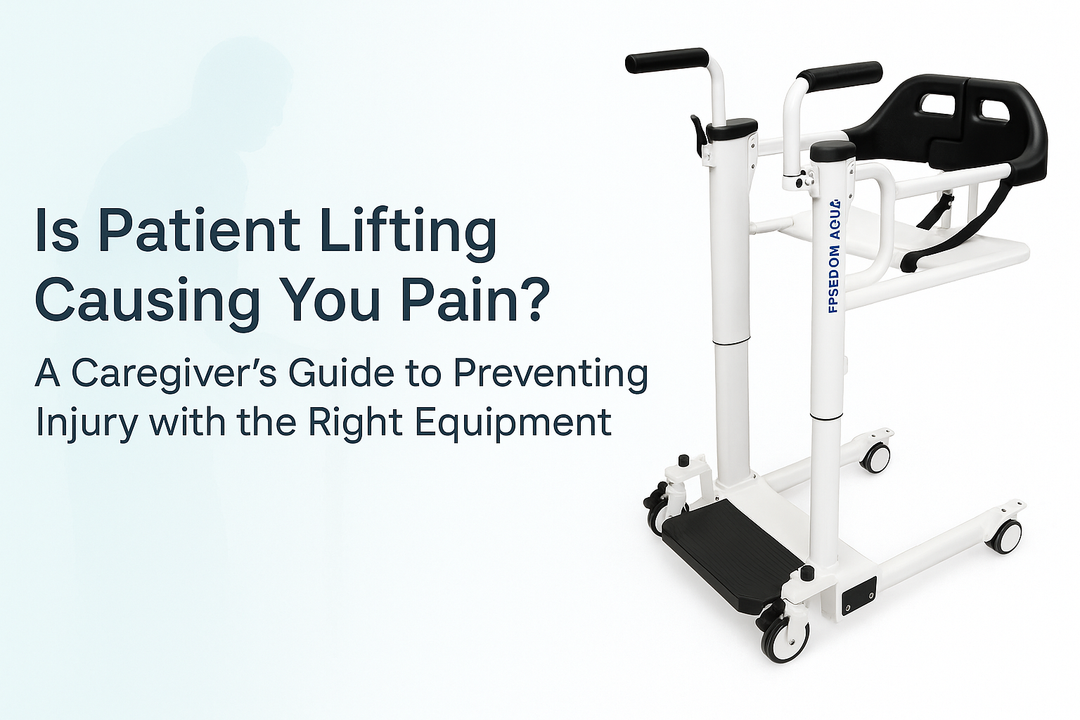
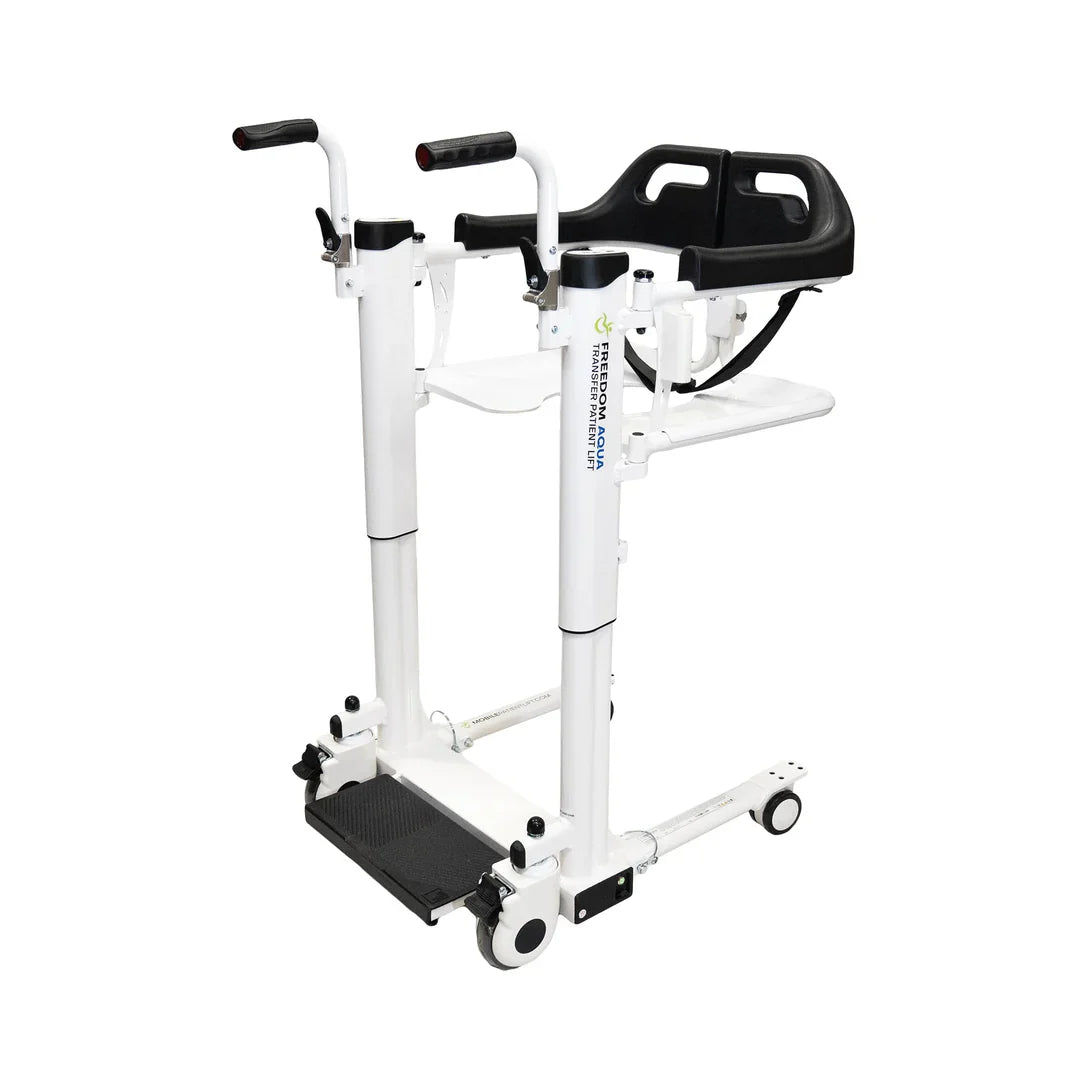
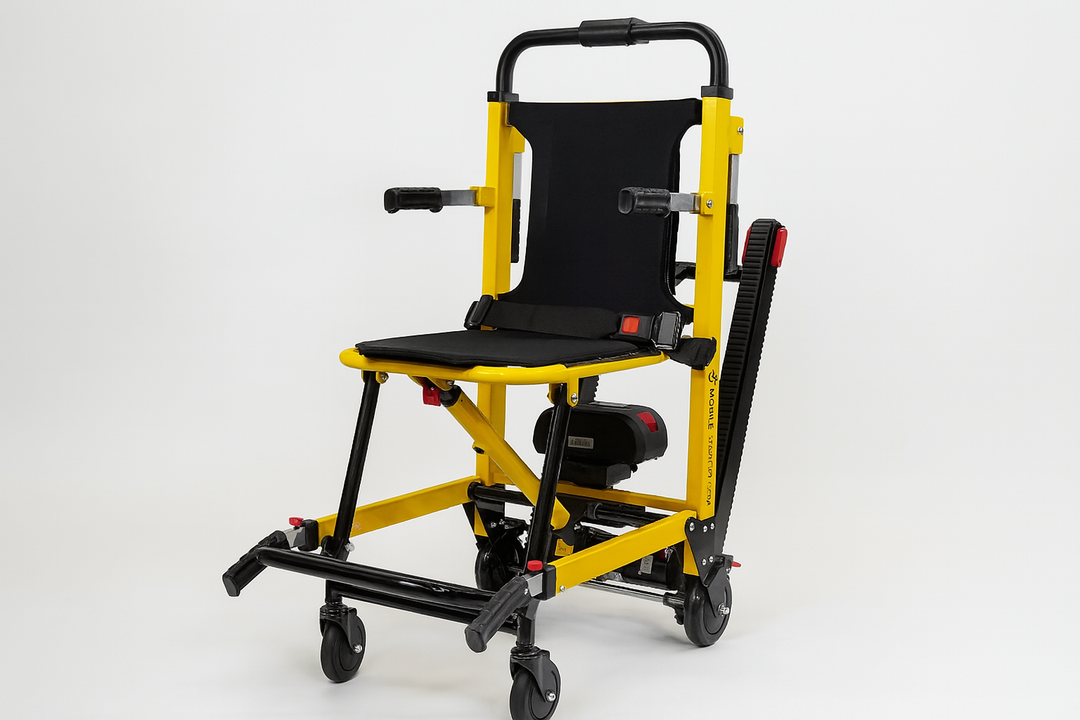
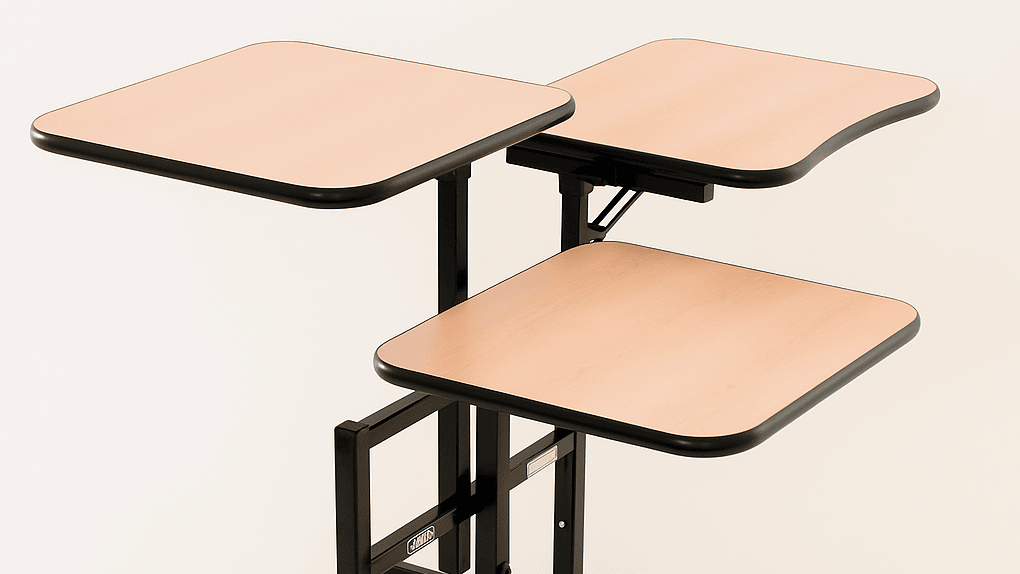
Leave a comment